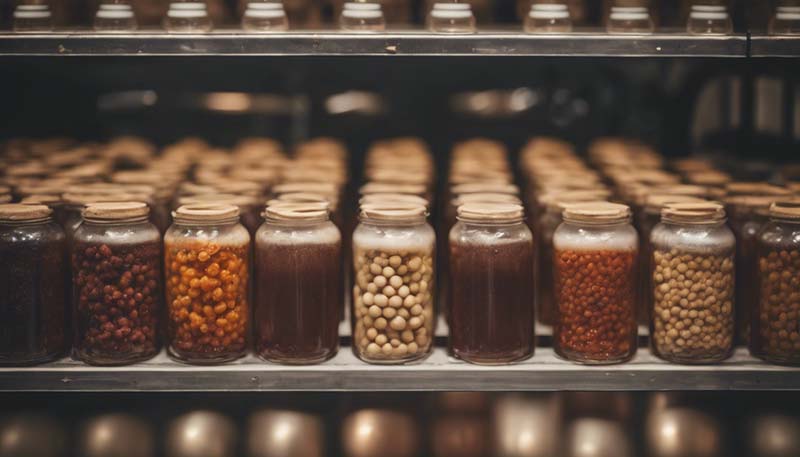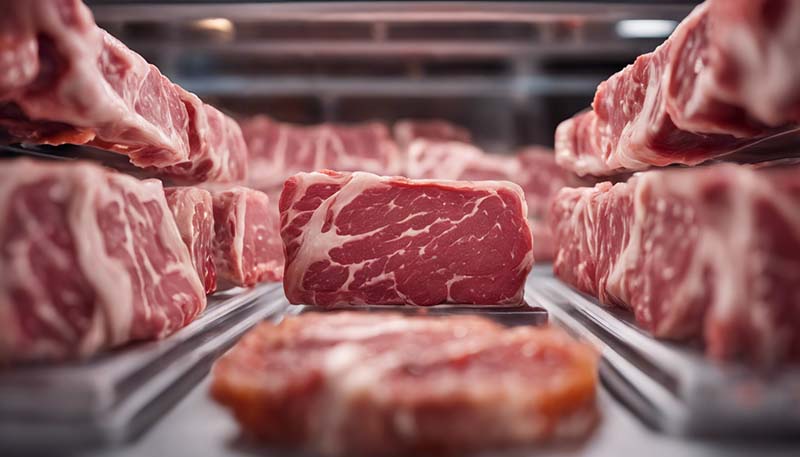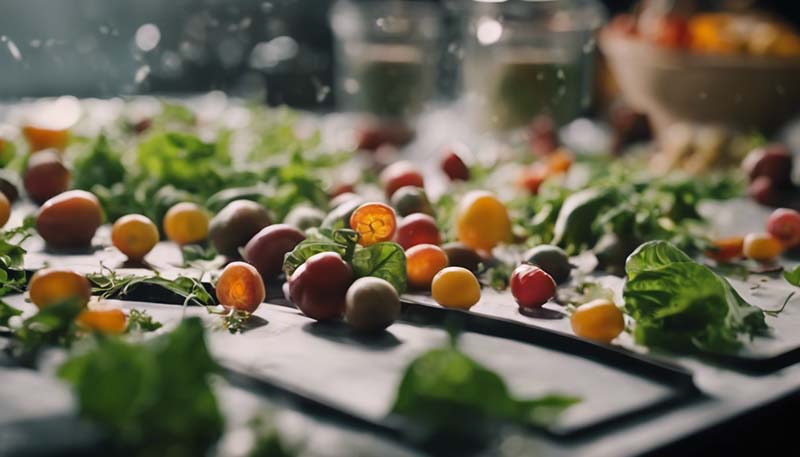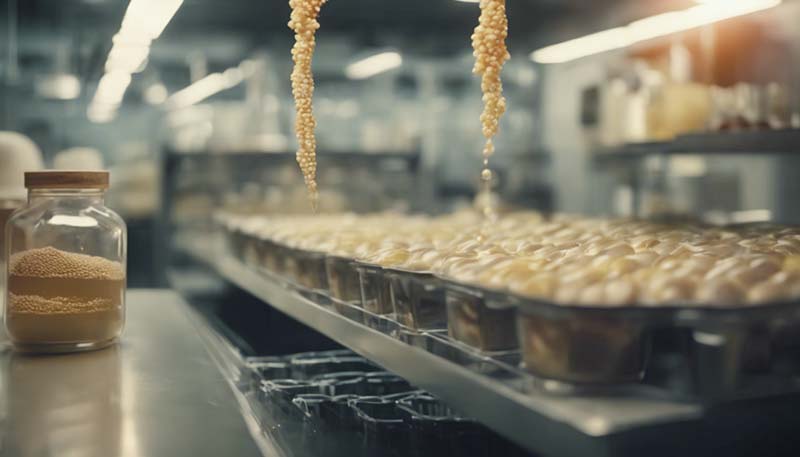The Impact of Climate Change on Global Food Supplies
Climate change is one of the most pressing issues facing our planet today, with far-reaching consequences for the environment, human societies, and the global economy. One of the most critical areas affected by climate change is food security, as it directly impacts the production, distribution, and availability of food worldwide.
Introduction
Climate change, driven by human activities such as the burning of fossil fuels and deforestation, has led to an increase in global temperatures, altered precipitation patterns, and more frequent extreme weather events. These changes have significant implications for agriculture, which is the foundation of our food supply.
The Effects of Climate Change on Food Production
1. Changes in Temperature
Rising temperatures can lead to heat stress in crops, reducing yields and affecting the quality of the produce. Warmer temperatures can also cause pests and diseases to thrive, further damaging crops.
2. Altered Precipitation Patterns
Changes in rainfall patterns can result in droughts, floods, and other water-related disasters, which can severely impact crop productivity. Droughts can lead to water scarcity, while floods can cause soil erosion and damage to crops.
3. Increased Frequency of Extreme Weather Events
Extreme weather events, such as hurricanes, storms, and heatwaves, can cause significant damage to crops and infrastructure, disrupting food production and distribution.
The Impact on Food Distribution and Availability
Climate change can also affect the distribution and availability of food by:
- Reducing crop yields, leading to higher food prices and limited availability
- Increasing the prevalence of foodborne illnesses due to changes in the distribution of pests and diseases
- Disrupting transportation and supply chains, making it more difficult to get food to markets
Adaptation and Mitigation Strategies
To address the challenges posed by climate change, it is essential to implement adaptation and mitigation strategies, such as:
- Developing drought-resistant crop varieties and improving irrigation techniques
- Promoting sustainable agricultural practices to reduce greenhouse gas emissions
- Investing in infrastructure to protect against extreme weather events and reduce the vulnerability of food supply chains
Conclusion
The impact of climate change on global food supplies is a complex and multifaceted issue that requires a comprehensive approach to ensure food security for current and future generations. By understanding the challenges and implementing effective strategies, we can work towards a more sustainable and resilient food system.






























Leave a comment